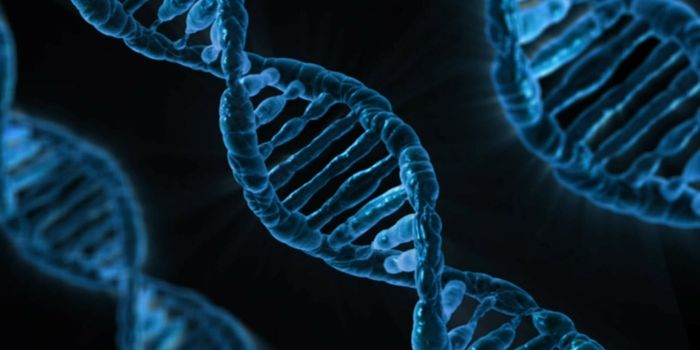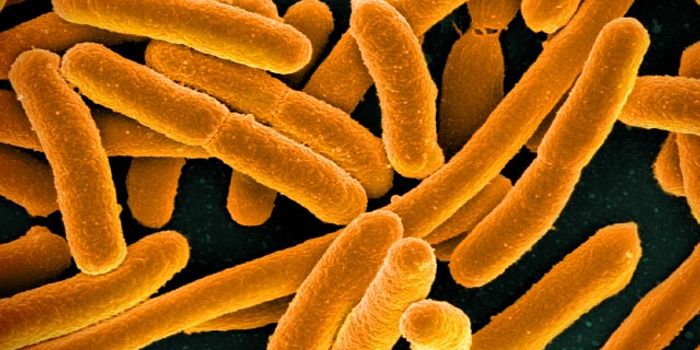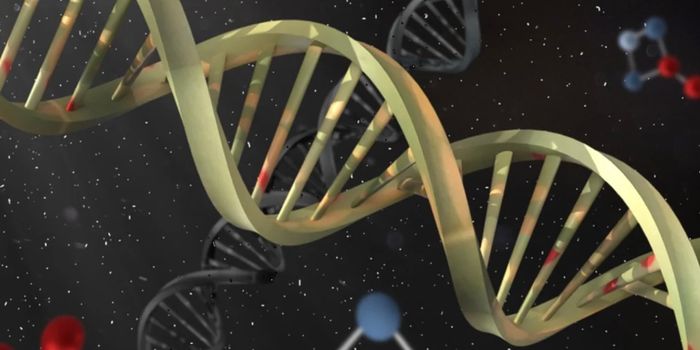Scientists ID Four Autism Subtypes
In a major step forward for autism research, diagnostics, and patient care, researchers have found four distinct autism subtypes, which can be differentiated by genetic features. These clinically unique subtypes could help guide better treatment approaches and provide new insights into the biological mechanisms that underlie different types of autism spectrum disorder (ASD). This work, which analyzed data from more than 5,000 children, has been reported in Nature Genetics.
"Understanding the genetics of autism is essential for revealing the biological mechanisms that contribute to the condition, enabling earlier and more accurate diagnosis, and guiding personalized care," said senior study author Olga Troyanskaya, director of Princeton Precision Health, among other appointments.
This study considered over 230 different traits in study participants, such as developmental milestones, and social or repetitive behaviors instead of focusing on one or just a few traits.
The research identified four ASD subtypes: Broadly Affected, Moderate Challenges, Social and Behavioral Challenges, and Mixed ASD with Developmental Delay. There are different genetic variants, as well as unique developmental milestones, and behavioral, medical and psychiatric traits in each subtype. (The scientists noted that this work does not indicate that there are only four types of autism, but that research can reveal more about what the subtypes are and what may cause them.)
Individuals that are in the Social and Behavioral Challenges group display core autism traits, but tend to have developmental milestones at about the same times as neurotypical children. Others conditions like ADHD, anxiety, depression, or obsessive-compulsive disorder are also seen in this group, which included about 37% of study participants.
Those in the Mixed ASD with Developmental Delay group often have delayed developmental milestones, but usually do not have anxiety, depression or disruptive behaviors. This group contains a "mixture" of repetitive behaviors and social challenge symptoms, and included about 19% of participants.
About 34% of study participants fell into the Moderate Challenges group, with core but reduced autism-related behaviors, and developmental milestones that are similar to neurotypicals.
There are many challenges in the Broadly Affected group, such as anxiety, depression, developmental delays, repetitive behaviors, and social and communication difficulties. This group included around 10% of participants.
The investigators aimed to look for genetic mutational patterns that affect biological pathways, instead of looking for changes in one gene that can explain the many types of ASD.
Rare inherited variants were more likely in the Mixed ASD with Developmental Delay group, for example, while there were more deleterious and novel mutations, not seen in parents, among children in the Broadly Affected group.
This may indicate that there are unique biological mechanisms underlying these disorders. This was likely confirmed when the researchers found distinct biological processes that were associated with the different subtypes.
The genetic research also showed that there are different impacts on brain development in each group, with certain genes becoming active or silent at various times.
"What we're seeing is not just one biological story of autism, but multiple distinct narratives," said co-corresponding study author Natalie Sauerwald, an associate research scientist at the Flatiron Institute. "This helps explain why past genetic studies often fell short; it was like trying to solve a jigsaw puzzle without realizing we were actually looking at multiple different puzzles mixed together. We couldn't see the full picture, the genetic patterns, until we first separated individuals into subtypes."
Sources: Princeton University, Nature Genetics









